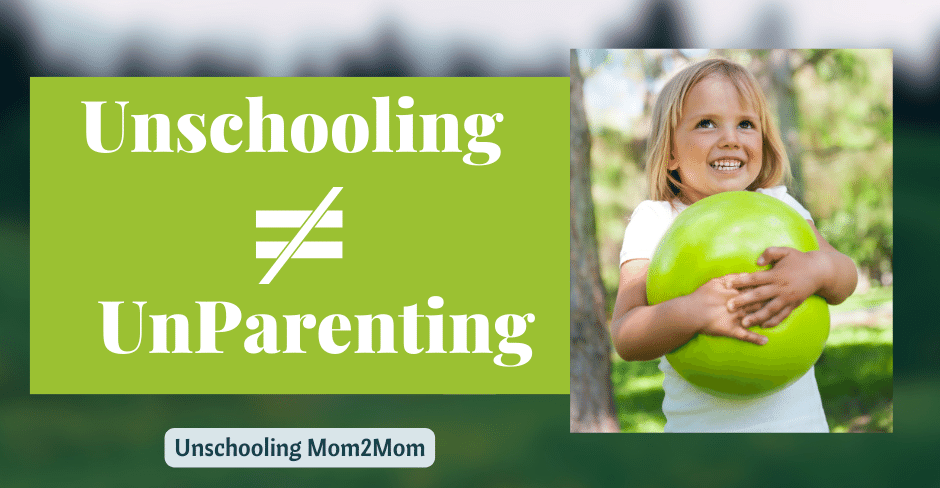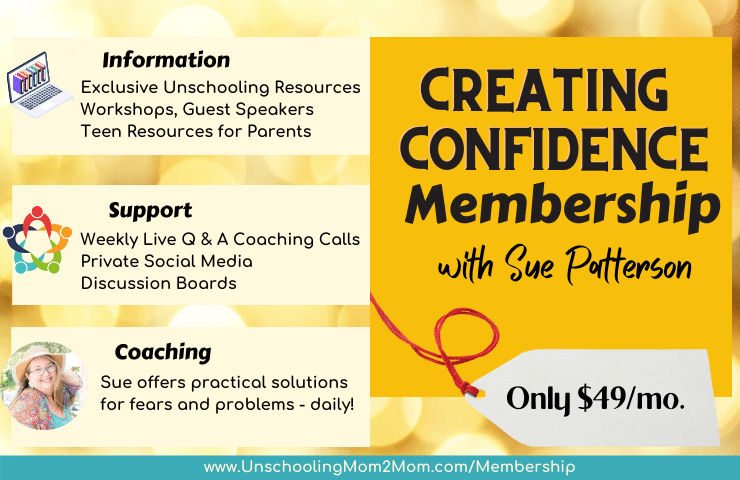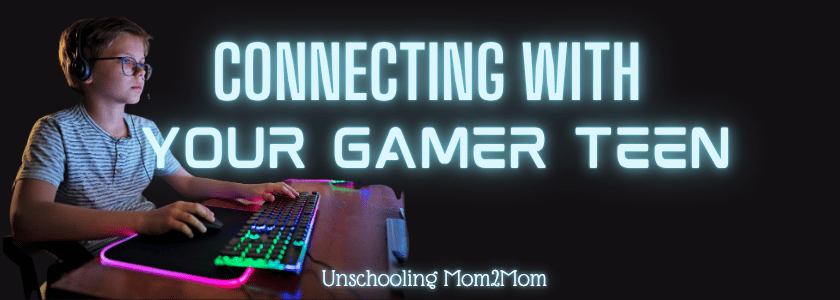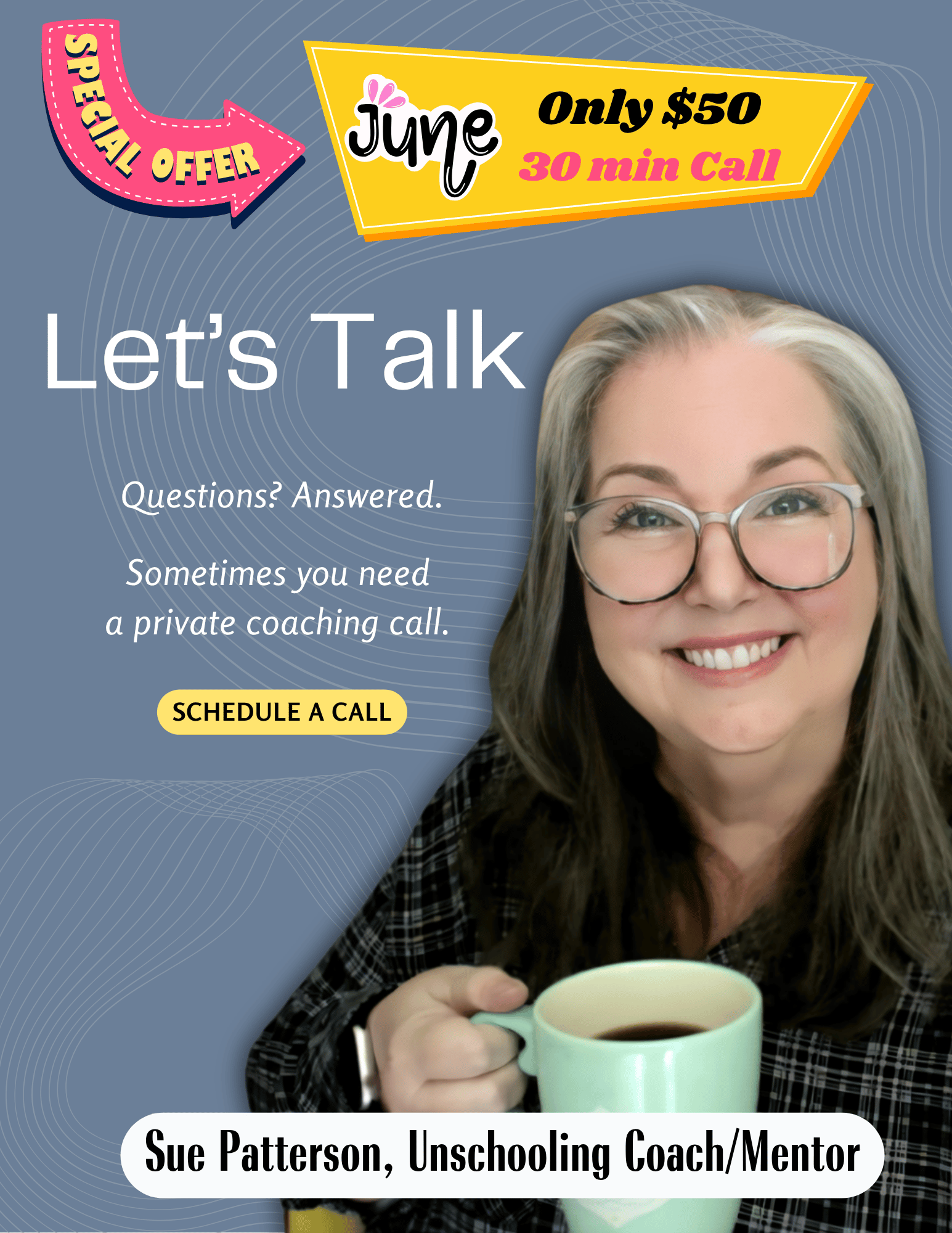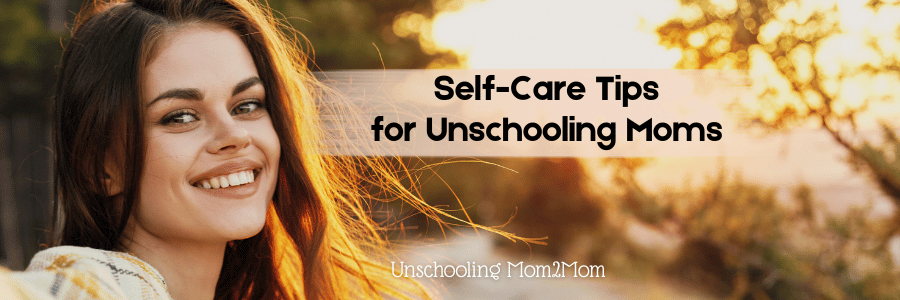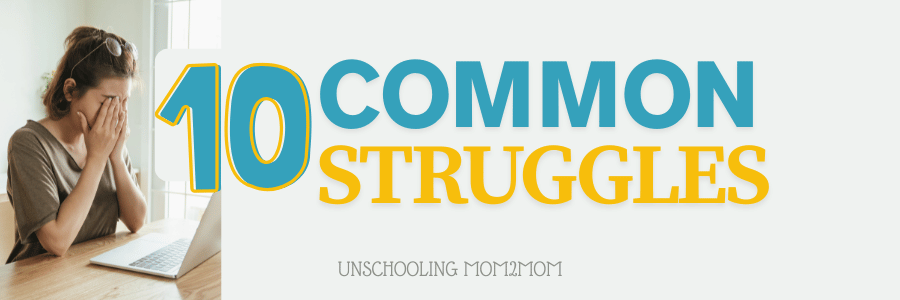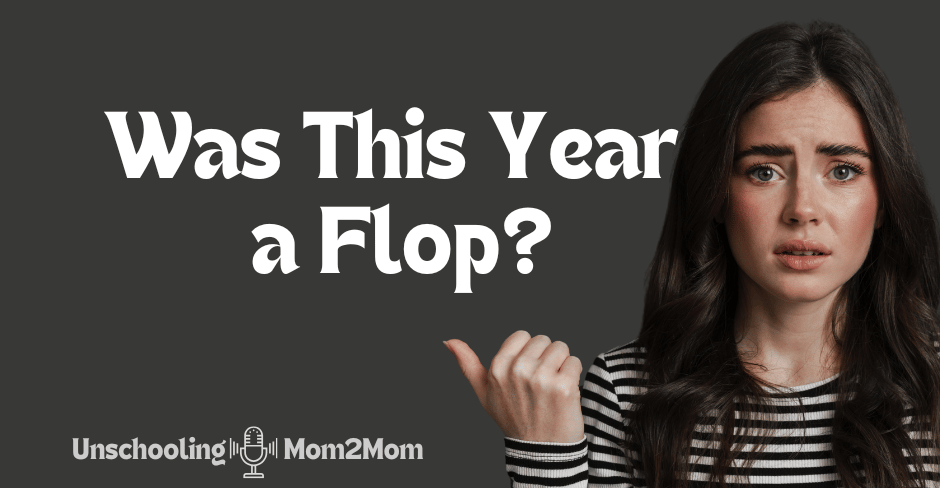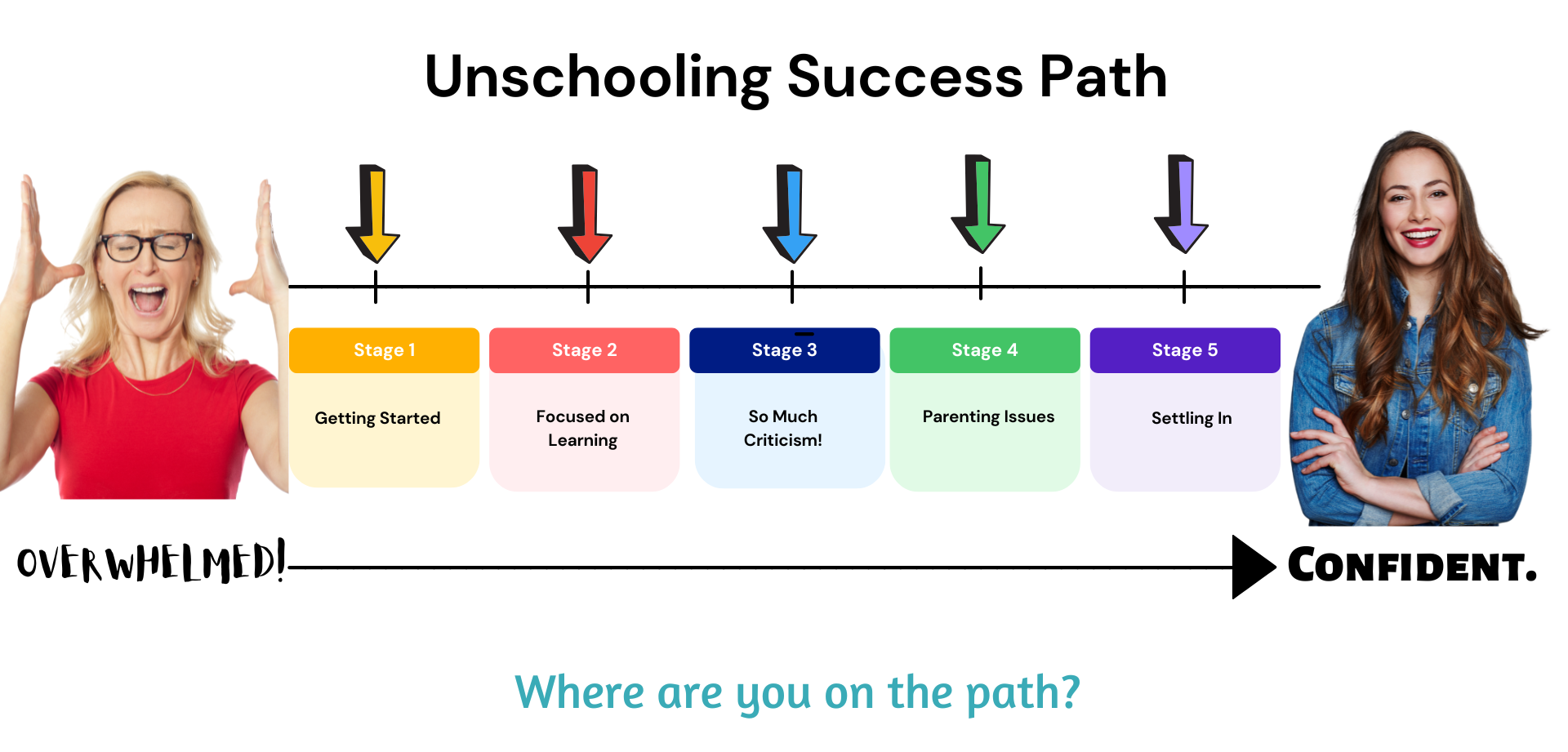Unschooling is NOT Unparenting
You've probably heard that
"Unschooling equals Unparenting."
But nothing could be farther from the truth.
People have been referring to unschooling as unparenting for decades.
And those same people usually have no first-hand knowledge about unschooling.
Or perhaps they’ve witnessed one family having a rough time.
Or maybe they have the wrong impression because they've been listening to the wrong people!
Let’s try to remember a few things:
Do people parent differently? Of course.
Do parents apply or incorporate different research or advice? Certainly.
If someone does it differently from you, does that make them WRONG? No way.
Parents who have applied unschooling principles in the rest of their lives are living involved intentional lives with their children. The concept that runs through the philosophy of unschooling is one of trust... trust that kids WILL figure out what they need. This is tricky to do sometimes, considering our societal pressures. But it certainly doesn’t happen in a vacuum or without parental attention and focus. Nor does it always happen immediately.
- Unschooling actually requires MORE from parents than other more rigid homeschooling methods! It’s a 24/7 approach.
- Unschoolers don’t say, “no learning today!” because, well, we know that’s impossible – humans learn. Period.
- Unschoolers don’t use the Light Switch Approach to learning, where educational input is On or it’s Off.
3 p.m.? Put your books away, no learning allowed after that!
The Light Switch Approach is based upon whether the parent/teacher is bringing something to the table. (Literally and figuratively.) Lessons have to be prepared, children are discouraged from deviating from the plans, adults are the gatekeeper of all knowledge.
That is simply not how unschoolers want to live.
Unschoolers want fuller richer lives WITH their kids.
This would be the opposite of unparenting!
They want all the opportunities that are presenting themselves daily – hourly sometimes – to be available and free for the taking. They want to provide resources so children can explore and discover.
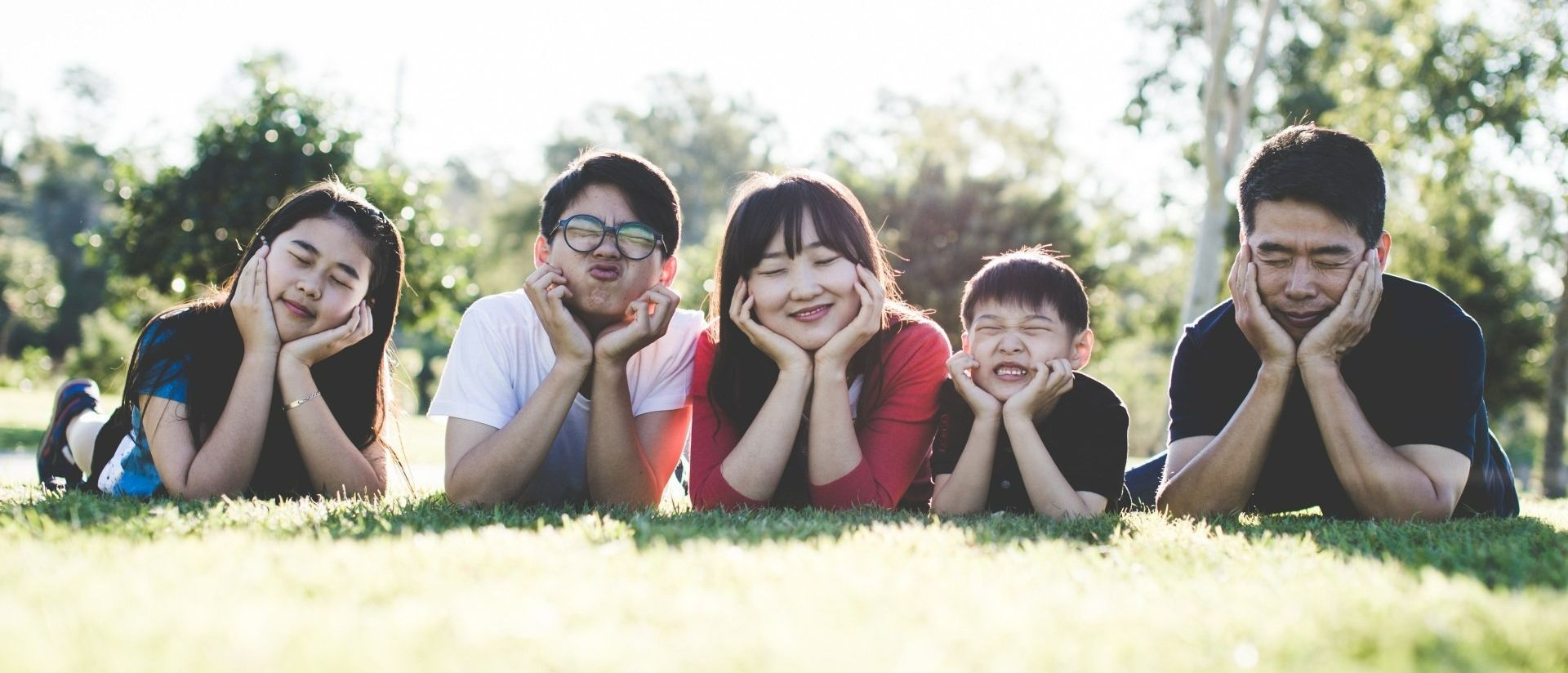
What is really meant by UnParenting?
Before I get offtrack singing the praises of this non-traditional lifestyle, let’s look at what Unparenting usually means in people’s minds.
When people use the term “unparenting,” they usually mean something like this:
- No assistance or direction from the parents
- Parents who don’t publicly reprimand their kids when they don’t conform socially.
- Parents not enforcing bed times, allowing “back talk,” – not adhering to mainstream parenting techniques
- Kids who seem wild in public, maybe presenting with messy hair/poor hygiene
True UnParenting is neglect – and that’s the opposite of unschooling.
People who are unparenting are ignoring, avoiding and not engaging with their children. They don’t fuel their child’s interests, expose them to new opportunities, console them when things don’t work out, and become their biggest source of support and love. Those are the very things that make unschooling work out – unschooling parents do all of that!
Connect with Other Unschooling Parents
Even with these principles, it helps to see the variety of ways some parents implement these unschooling principles. So often, someone sees one person's version of unschooling and they think,
"Oh wow. I could not do that."
And then they assume all unschoolers are like that.
But when you're in a community of parents on this path, you can see different ways to unschool. And that gives you the green light to apply the principles and forge your own way.
You'll have this if you join the Creating Confidence Membership group - and I'll be there to help offer suggestions and guidance along the way. It's such a great opportunity to get tons of information (that's only available to members), support from other parents (who aren't going to tell you to just do a little curriculum or send them back to school), and coaching from me. After nearly 30 years, I've seen what could maybe help you - and I want to share what I know.
As you connect with them, hearing how they engage and help their kids, you'll see that unschooling is a far cry from unparenting!
You know, Parents can be really judge-y
Parents Judging Each Other
My kids are all grown - TWO are in their 30s, one is still hanging on at 29!
And I have to say that over those two decades, sometimes my parenting was ON POINT, and sometimes it was sorely lacking. I’d hate to be judged on how I responded to my kids on a bad day.
Sometimes parents are trying various parenting techniques they’ve read about and the children are resisting. We can’t really know what’s going on specifically – we’re not in their heads or in their homes. Parenting approaches can vary widely and we make decisions based upon what resonates with us. We wouldn't want someone making some sweeping generalization about us and our parenting on one of our bad days. We ALL have them.
And we wouldn’t want someone making OUR parenting decisions for us, they don't know what's going on in our homes and where we are in figuring this all out. Let’s not do that to other parents.
When kids are learning new skills – or when anyone is, really – sometimes it takes a little while for it to become a new habit. Unschooling parents are often trying to give their kids the space to figure out how they want to behave in their world. This doesn’t mean without parental input – but they may simply choose not to have those conversations with their child in public in front of you.
Humiliating the child just to save face among other parents doesn’t do anything positive for the parent-child relationship – that's an important factor for unschoolers.
While some parents are trying to honor their kids' natural tendencies, sometimes they get off track.
Has everyone always gotten this parenting-thing right every time?
When someone sees parents either ignoring a behavior or struggling with it, we should all try to remember that this is just one little snapshot of their day.
Maybe just getting out the door was tough and the battle over the hairbrush wasn’t worth it. I’ve certainly had days like that. It's also why we bought a lot of hats! And I’m happy to say, my grown kids don’t have a problem with hygiene – or any behavior in public really.
Which leads me to...

The Wild Child
Some kids have higher energy levels than others. And that can take its toll on parents. We have no idea what else is going on, what the parent has tried before, what they’re trying to implement at the moment you’re watching.
One of the factors with these louder kids - and each of mine had their opportunity to do this - is that it pushes the parent
and our parenting out into the spotlight. And one thing onlookers enjoy is criticizing! Probably from a deep-seated need to compare and deflect any unwanted attention their own way. Maybe we were raised to care a lot about our image, or "how our behavior reflects on the family"... did you grow up with that phrase? Or maybe it’s just a habit left over from the adult’s own school days, where stepping out of line or drawing unwanted attention was something to be avoided at all costs. Those kids who didn’t get that little school memo about social behavior were often ostracized and shamed. It’s not that we can’t undo it when we have that kind of thinking persist later in life – we can!
But we need to recognize it when it rears its ugly head.
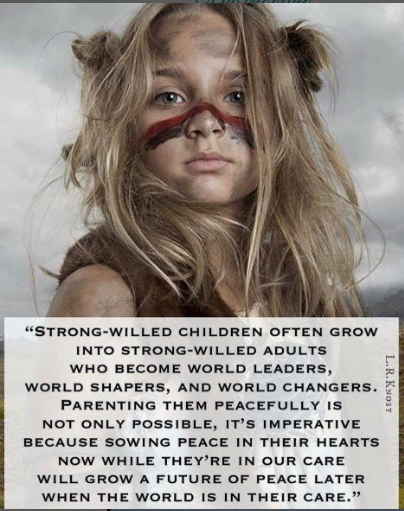
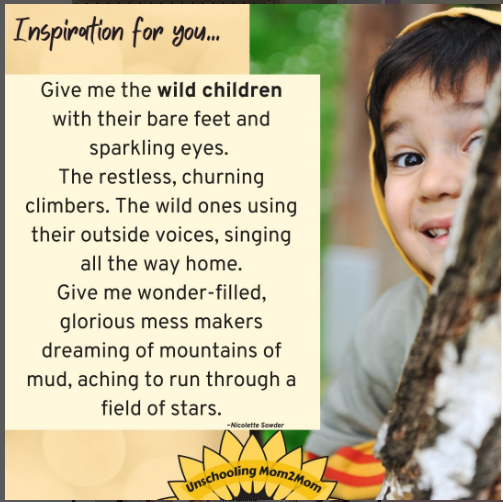
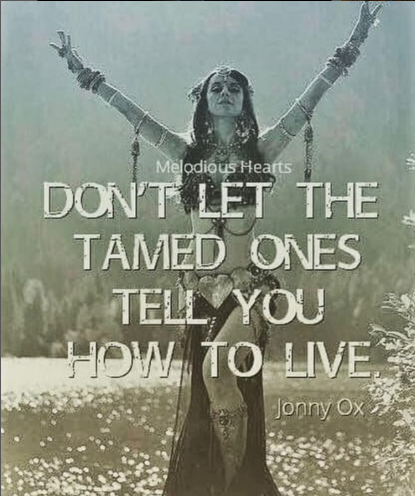
Is it “Permissive Parenting?”
Permissive parents are not involved in their child’s life. I often wonder about using that term at all. I “permitted” my kids to do a lot of things that other parents wouldn’t have. Did that make me permissive? As usual, I struggle with labels, never quite fitting into one or another.
Sometimes people mistakenly think that unschooling means there are no rules.
Or that the parents have thrown caution to the wind saying,
“Anything goes!”
But that’s not the case at all.
Unschooling families do have rules – rules about safety, interacting with others, etc. – they’re just not arbitrary rules. Boundaries exist in life. Highways are dangerous. Hitting your little brother isn’t okay. Staying up all night can ruin the next day’s activities. Unschooled children are given the space to figure out how to deal with life’s frustrations with the help of adults who are on their team. Instead of creating a list of rules, unschooling parents use these ideas as guiding principles.
Sometimes adults get locked into the idea that “kids getting their way” is a bad thing. They’ve been convinced that it’s the slippery slope to their child becoming “spoiled.” But unschooling parents work with their children to see how they could get what they want – or at least some variation of it. Or maybe they help them see it’s not possible right now. In any case, they avoid the "Us versus Them Approach" to parenting. Unschooling parents aren’t on opposite sides as their children. They’re more like partners – trying to help them navigate their world so they can be successful.
Successful unschooling parents actually find themselves somewhere in between the conventional authority-oriented parenting and what’s usually considered permissive parenting. Mainstream parents often feel they must make the boundaries the most important aspect. They feel it’s what keeps the family from descending into anarchy. While parents who would be considered "permissive" feel that the child’s wishes are always honored with NO glance toward boundaries.
Unschooling parents take both into consideration – the child’s needs and the reality of boundaries.
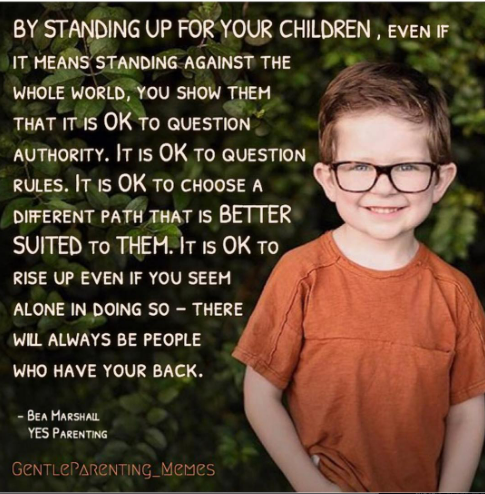
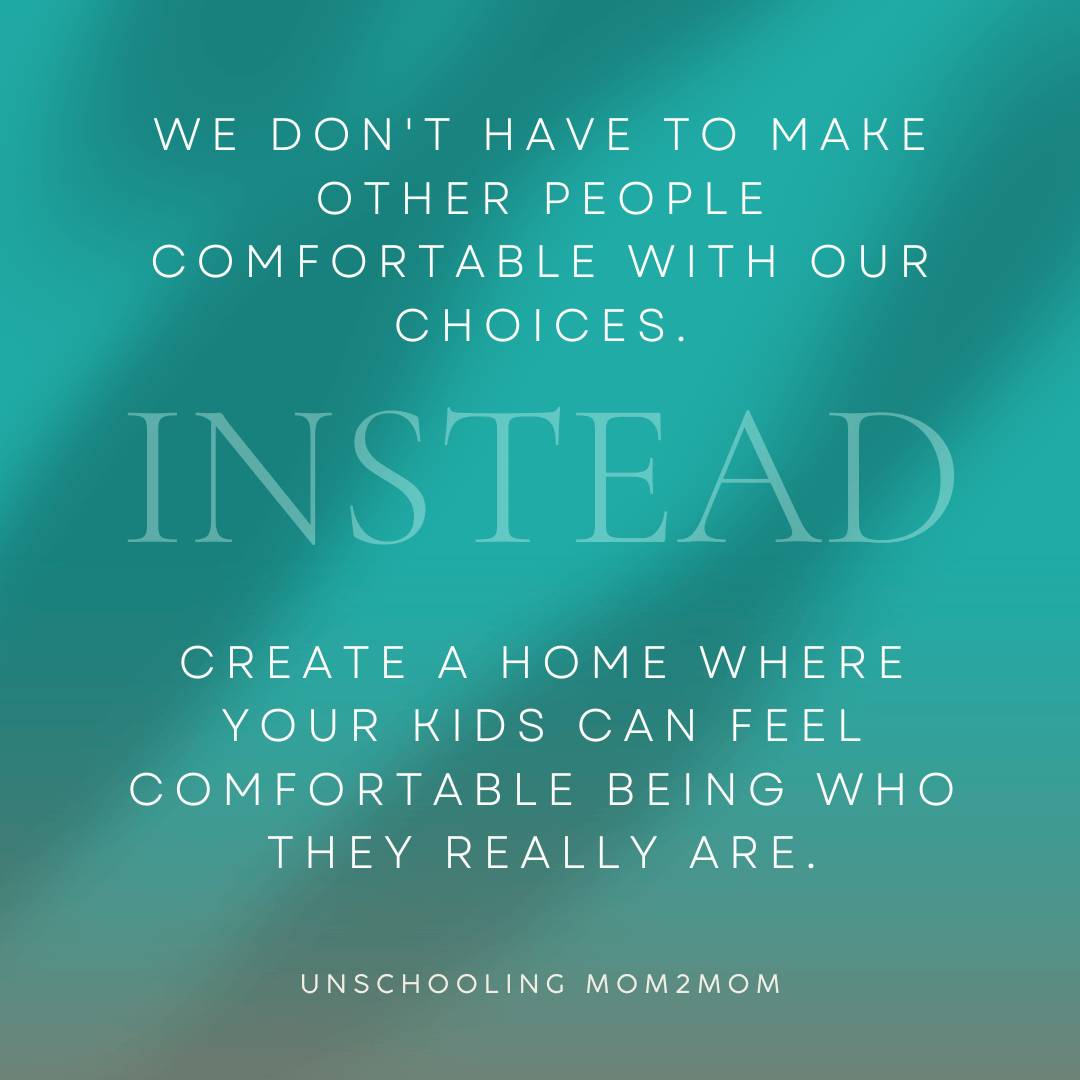
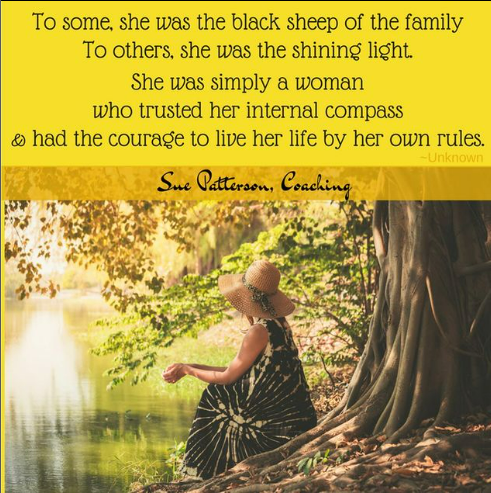
Trust and Respect
Unschooling parents prioritize trust and respect. I know, I know. A lot of parents are going to say that they cannot trust their child to behave well without a lot of threats or ranting on their part.
But really... are those techniques effective?
Are you having to simply amp up the punishments to get compliance?
And are you really getting compliance or are they simply finding a way to work around you?
Unschooling parents have discovered that modeling trust and respect is what promotes trust and respect in children. Unschooling parents speak to their children in the same way they speak to their own adult friends. Sure, the topics are different, but the tone and the attitude is similar. When this happens consistently, children feel valued, they feel respected, they feel heard. And isn’t that what all humans want – their wishes and ideas to be heard? And how else are children going to learn to trust and respect others, if they don’t see it demonstrated in their lives?
Peter Gray wrote in his book Freedom to Learn, "Kids are people, and they respond just as audlts do to the micromanagement, to severe restriction on their freedom, and constant unsolicited evaluation."
Rebecca Eanes said,"We worry too much about reading levels, potty training, and messy rooms. And perhaps too little about living a happy life with our loved ones in the short time we are given with them.
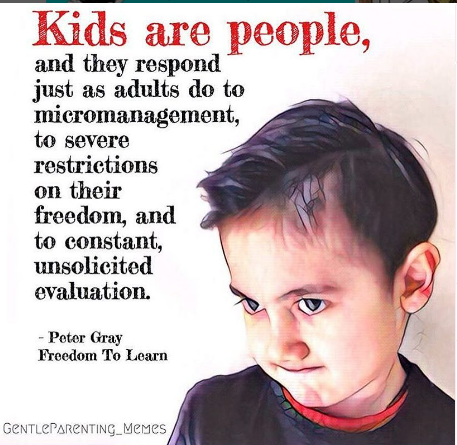
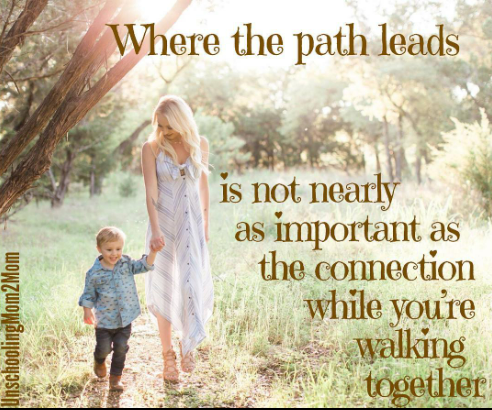
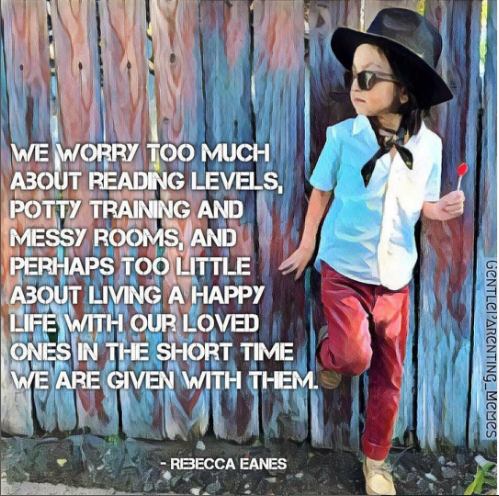
So…
- Be careful about sweeping with a broad brush and calling unschooling unparenting.
- Resist spreading gossip about families who are are having a rough time, just to alleviate some insecurities of your own.
- Don’t make decisions about “all unschoolers” based on some story you heard from someone else or one family you saw struggling in a hotel lobby.
- And consider parenting a different way from how you were parented or what’s the typical parenting technique these days. After all, is that really working all that well?
Remember, your relationship with your child is more important than most things. That's a pretty big shift. And we may have all sorts of layers to unpack - thoughts and ideas that interfere with building these bonds. In school, it's all about focusing on some future goal - graduation, college, something else down the road.
Unschoolers recognize that where this path leads is not nearly as important as the connection while you're walking together.
It can be hard making these changes.
Brene Brown said,
"However afraid we are of change, the question that we must ultimately answer is this: What's the greater risk? Letting go of what people think, or letting go of how I feel, what I believe, and who I am."
You are clearing out thousands of years of outdated conditioning that has been passed on to you.
Go easy on yourself. And remember...
No, Unschooling is far from Unparenting.
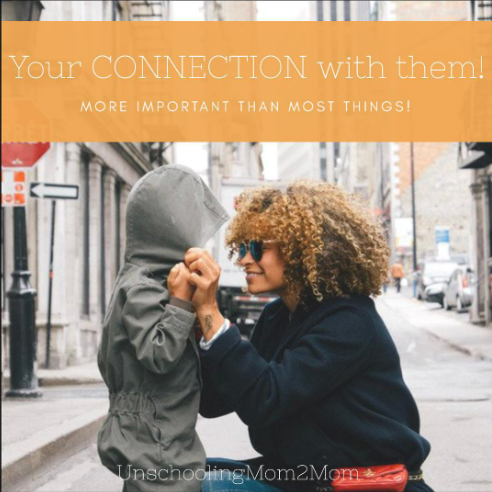
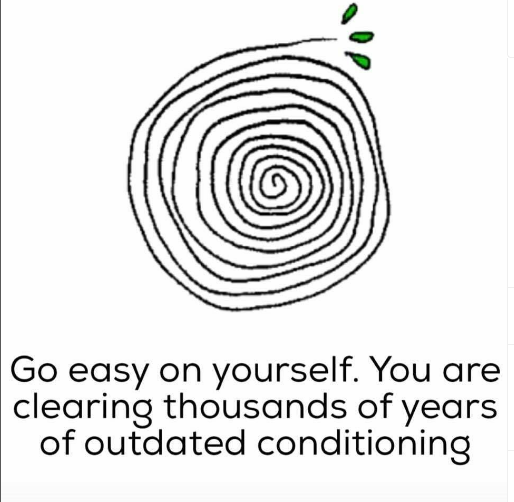
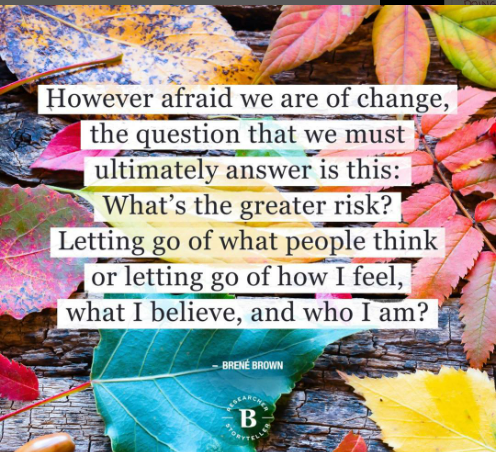
Read More...
We have a collection of articles from experienced unschoolers about specific parenting topics... chores, bedtimes, technology, food, hygiene... among other things. Read more about how to parent as unschoolers!
Private Coaching
Sometimes we need to talk with someone who's been there - and come out on the other side.
Sue Patterson offers coaching for parents who want to find a way to embrace a few more unschooling principles in their family. Let's Chat!
Need Community?
Some of us really do better when we have a supportive community around us. I was like that! And that's why I offer the Creating Confidence Membership Group. Learn more about joining us here.


